 Locke, instructed and delighted the world. When the bookseller offered Milton five pounds for his Paradise Lost, he did not reject it, and commit his poem to the flames — nor did he accept the miserable pittance as the reward of his labours: he knew... Locke, instructed and delighted the world. When the bookseller offered Milton five pounds for his Paradise Lost, he did not reject it, and commit his poem to the flames — nor did he accept the miserable pittance as the reward of his labours: he knew...  The Quarterly Review - Page 4531836Full view The Quarterly Review - Page 4531836Full view - About this book
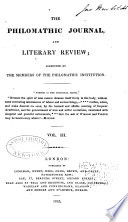 | 1825 - 486 pages
...commit his poem to the flames ; nor did he accept the miserable pittance as the reward of his labour. He knew that the real price of his work was immortality, and that posterity would pay it." AUGUSTUS; on, "KNOWLEDGE is POWER:" A TALE. BORN in an island of the western main, Where Art prevail'd,... | |
 | English literature - 1836 - 602 pages
...deserve it scorn all meaner views. I speak not of your wretched scribblers for bread, who tease the world with their wretched productions; fourteen years is...given in Blackwood, that every unpaid writer is, ex vi termini, an ass. At the conclusion of Mr. Walker's first Number appears this attractive intimation... | |
 | English literature - 1836 - 602 pages
...deserve it scorn all meaner views. I speak not of your wretched scribblers for bread, who tease the world with their wretched productions; fourteen years is...given in Blackwood, that every unpaid writer is, ex vi termini, an ass. At the conclusion of Mr. Walker's first Number appears this attractive intimation... | |
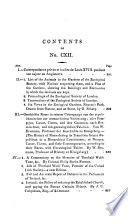 | English literature - 1836 - 1184 pages
...delighted the world. for his Paradise Lost, he did not reject it, and commit his poem to the flames—nor did he accept the miserable pittance as the reward...given in Blackwood, that every unpaid writer is, ex vi termini, an ass. When the bookseller offered Milton five pounds At the conclusion of Mr. Walker's... | |
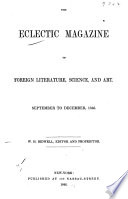 | American literature - 1846 - 602 pages
...commit bis poem to the flames, nor did he accept the miserable pittance as the reward of his labors ; he knew that the real price of his work was immortality, and that posterity would pay it.' This is tacitly assuming that the first-rate works of genius, of which we get at most two oc three... | |
 | William Newland Welsby - Judges - 1846 - 576 pages
...years is too long a period for their perishable trash. It was not for gain that Bacon, Newton, Milton, Locke, instructed and delighted the world. . . . When...work was immortality, and that posterity would pay it." On this question of literary property, we feel bound humbly to take part against his lordship,... | |
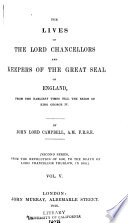 | John Campbell Baron Campbell - Judges - 1846 - 708 pages
...Milton five pounds for his PARADISE LOST, he ( ' \ rv " did not reject the offer and commit his piece to the flames, nor did he accept the miserable pittance...work was immortality, and that posterity would pay it. Some authors are as careless of profit as others are rapacious of it, and in what a situation would... | |
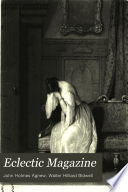 | 1846 - 610 pages
...commit his poem to the flames, nor did he accept the miserable pittance as the reward of his labors ; he knew that the real price of his work was immortality, and that posterity would pay it.' This is tacitly assuming that the first-rate works of genius, of which we get at most two or three... | |
 | George Ticknor Curtis - Copyright - 1847 - 490 pages
...commit his poem to the flames, nor did he accept the miserable pittance as the reward of his abor ; he knew that the real price of his work was immortality, and that posterity would pay it. Some authors are as careless about profit as others are rapacious of it ; and what a situation... | |
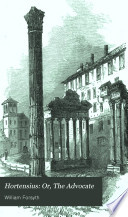 | William Forsyth - Law - 1849 - 528 pages
...commit his poems to the flames ; nor did he accept the miserable pittance as the reward of his labour. He knew that the real price of his work was immortality, and that posterity would pay it." But even if this were not so, and the advocate required the stimulus of the hope of present reward,... | |
| |